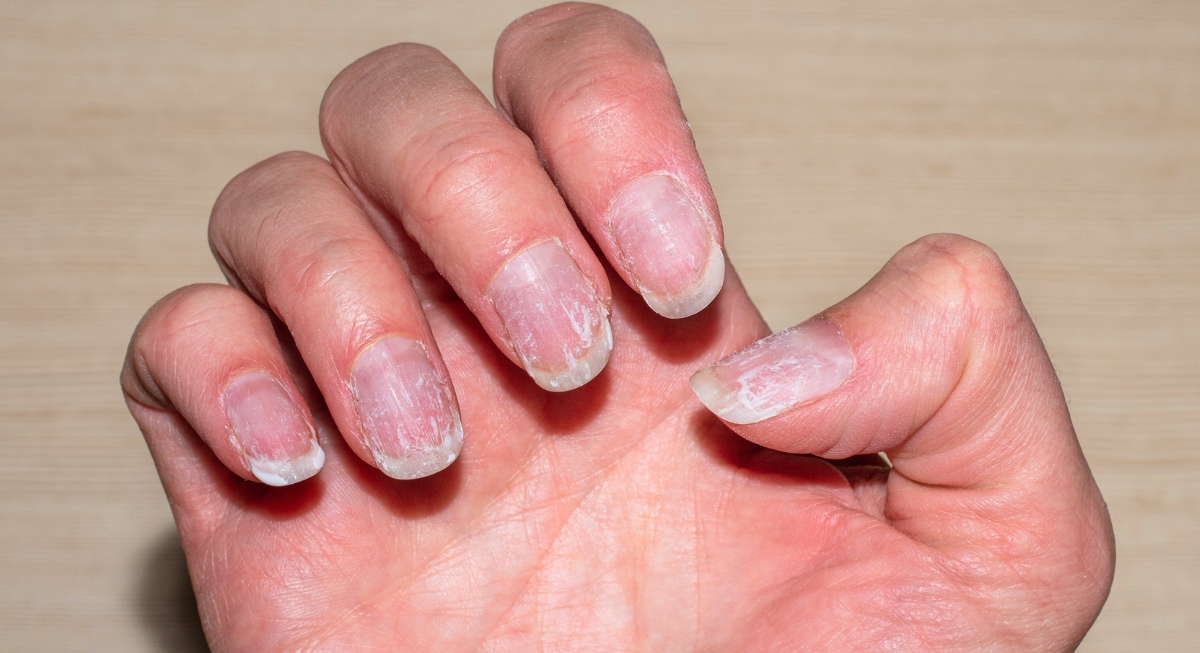Bad breath can sneak up at the worst possible moments—dates, meetings, even Zoom calls. Luckily, dentists have tricks that go way beyond chewing gum or popping mints. This list cuts through the myths and gets straight to what actually works. These tips might save you from awkward side-eyes and breath paranoia.
Use Alcohol-Free Mouthwash
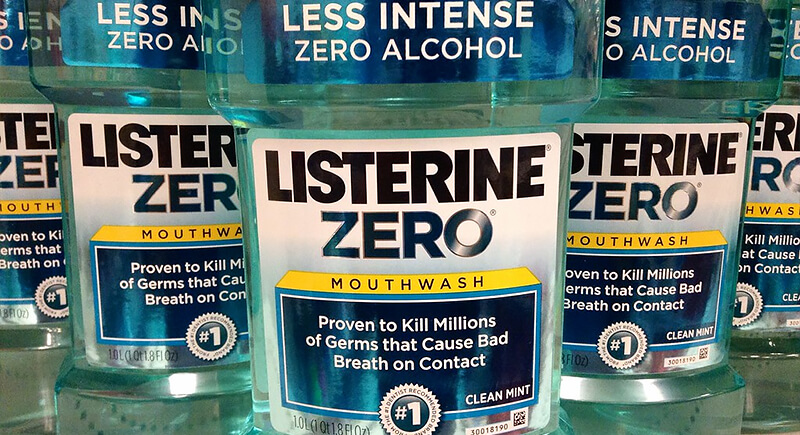
Credit: flickr
Mouthwash isn’t all the same. Some options sting like firewater and dry your mouth out. Dentists lean toward alcohol-free rinses, especially those with zinc or cetylpyridinium chloride. These rinses actually fight odor-causing bacteria instead of just masking the smell. Plus, they're gentle enough for daily use.
Try Probiotic Lozenges
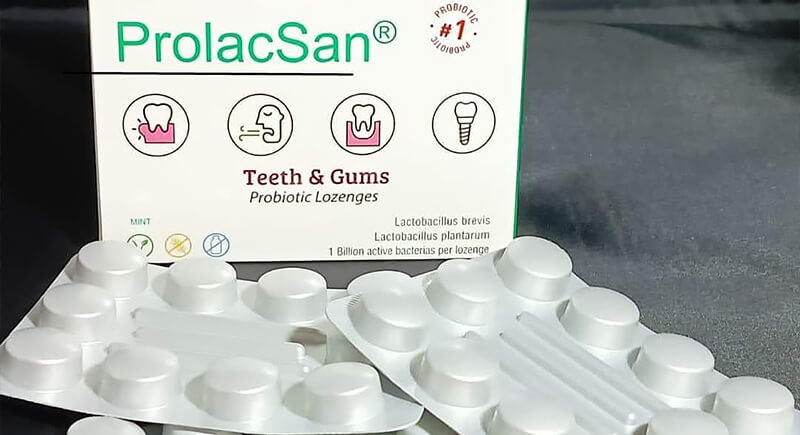
Credit: Facebook
Here’s a surprise—some dentists recommend feeding your mouth good bacteria. Probiotic lozenges for oral health help balance the microbial mix in your mouth. Instead of letting odor-causing bacteria dominate, these helpful strains crowd them out. It’s the same idea as yogurt for your gums and tongue.
Floss Like You Mean It
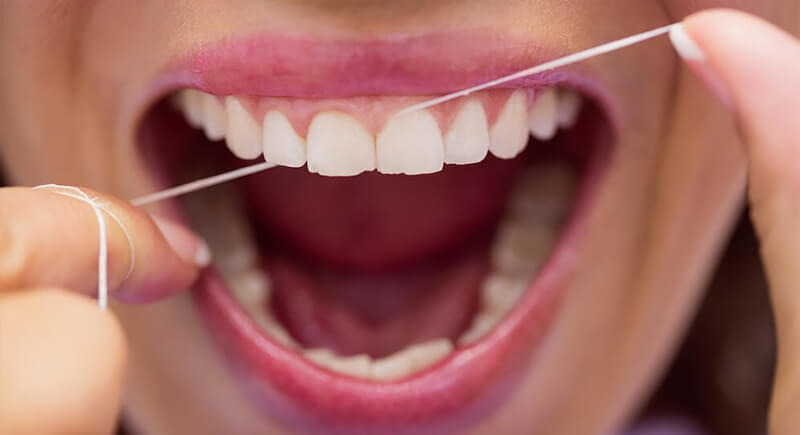
Credit: freepik
If you skip flossing, you’re cleaning 30% of your teeth. Let that sink in. Bacteria trapped between teeth love that warm, moist space, and they stink it up quickly. A proper once-a-day floss routine removes food particles that toothbrushes miss and stops bad breath before it starts.
Brush the Tongue, Not Just the Teeth
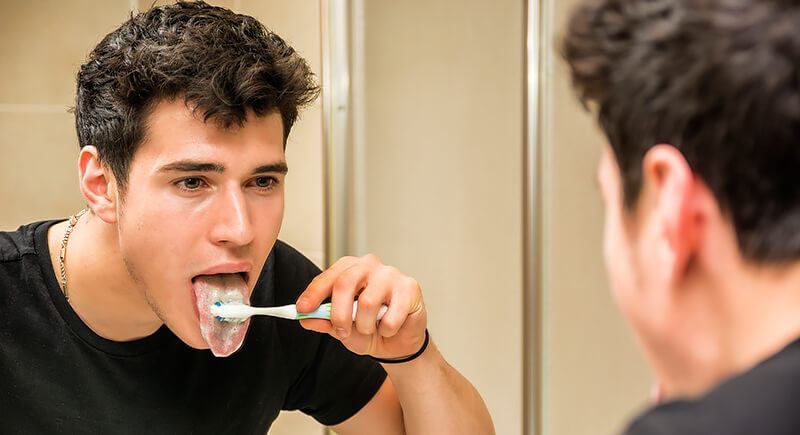
Credit: iStockphoto
Your tongue collects dead cells, food particles, and bacteria that produce foul-smelling gases. If you’ve ever brushed, rinsed, and noticed a funky smell—blame your tongue. Using a tongue scraper or the back of your toothbrush can save you.
Stay Hydrated All Day

Credit: freepik
When your mouth feels dry, so does your breath. Saliva acts like a natural rinse for the mouth—it flushes out bacteria and neutralizes acids. Without enough water, things get stinky fast. Coffee and alcohol worsen it, so sipping water throughout the day makes your breath and body happier.
Snack on Raw Veggies
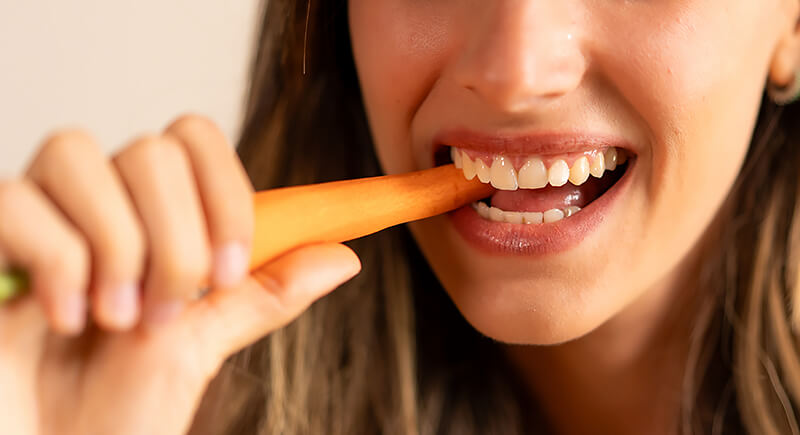
Credit: iStockphoto
Crunchy options like celery, carrots, and bell peppers scrub away food particles while you chew. Dentists love recommending them because they’re easy, portable, and don’t mess with your pH like sugary snacks. You don’t need to live off salad, but a few crisp bites between meals freshen your mouth.
Use Baking Soda Toothpaste
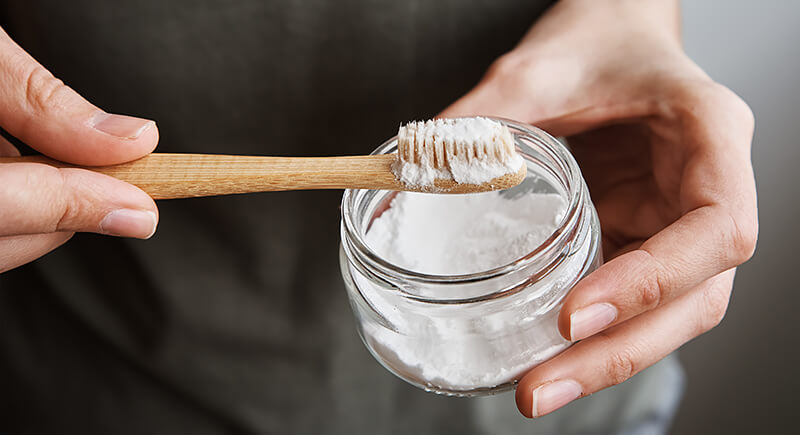
Credit: iStockphoto
Baking soda is suggested for people with lingering mouth odor because it neutralizes acids and gently polishes away buildup without damaging enamel. Some toothpaste brands combine baking soda with hydrogen peroxide for an extra whitening boost, but even the plain version does the job.
Chew Sugar-Free Gum With Xylitol
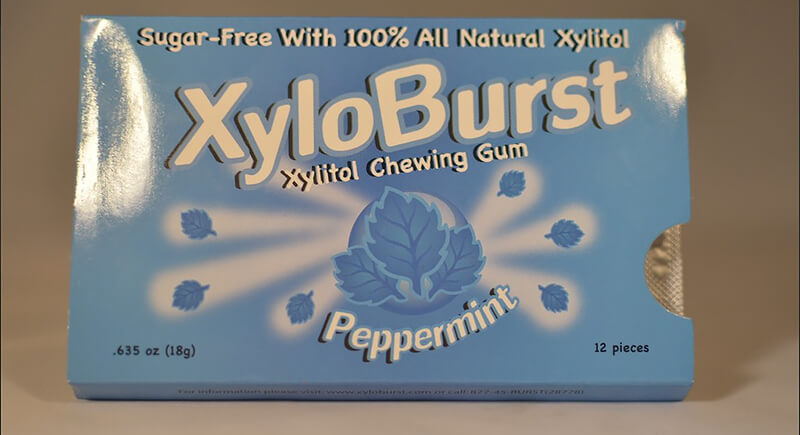
Credit: flickr
Gum can be a weapon against bacteria, especially if it’s sweetened with xylitol. Xylitol adds a bonus: it makes life hard for the bacteria that cause bad breath and cavities. You get a satisfying chew and minty freshness without feeding your mouth microbes.
Quit Smoking and Vaping
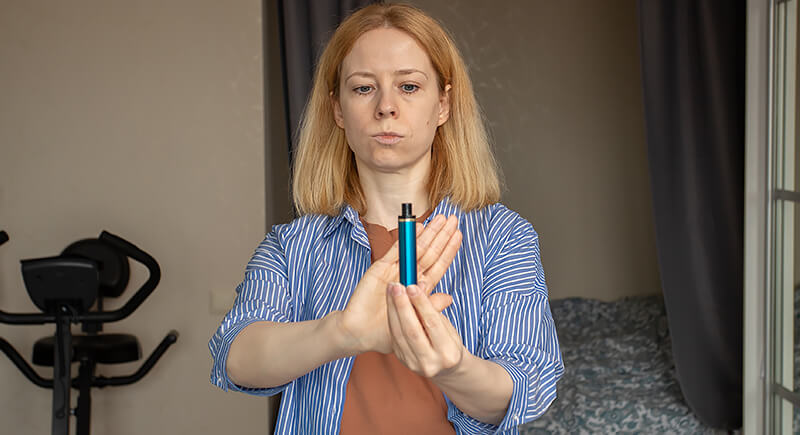
Credit: iStockphoto
No mint or mouthwash can fix what tobacco does to your breath. It clings to everything in your mouth. Quitting makes an almost immediate difference in breath and long-term oral health. It’s not easy, but it’s one of the biggest game-changers for better breath.
Avoid Strong-Smelling Foods Before Events

Credit: iStockphoto
Garlic and onions may taste amazing, but their scent sticks around long after the meal. These sulfur-heavy ingredients get absorbed into your bloodstream and emerge through your breath—even hours later. If you’ve got an important meeting, date, or gathering, choose milder ingredients and brush right after eating.
Brush After Every Meal
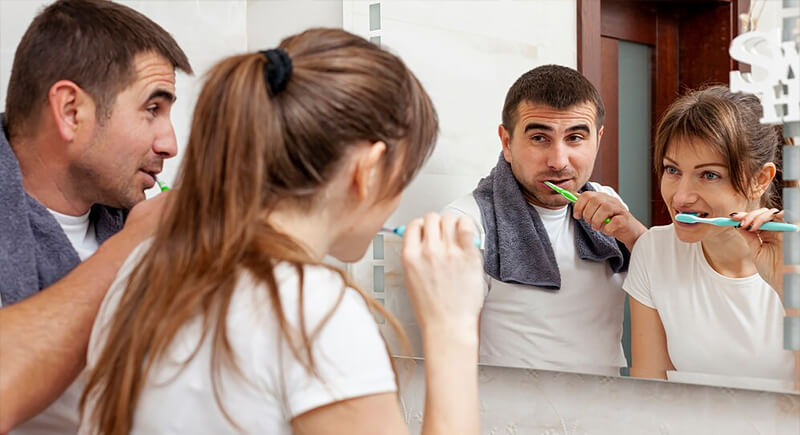
Credit: freepik
Food debris sticks to teeth, feeds bacteria, and leads to odors. While you don’t need to whip out your brush every time you snack, doing it after lunch and dinner can seriously reduce lingering smells.
Use a Water Flosser
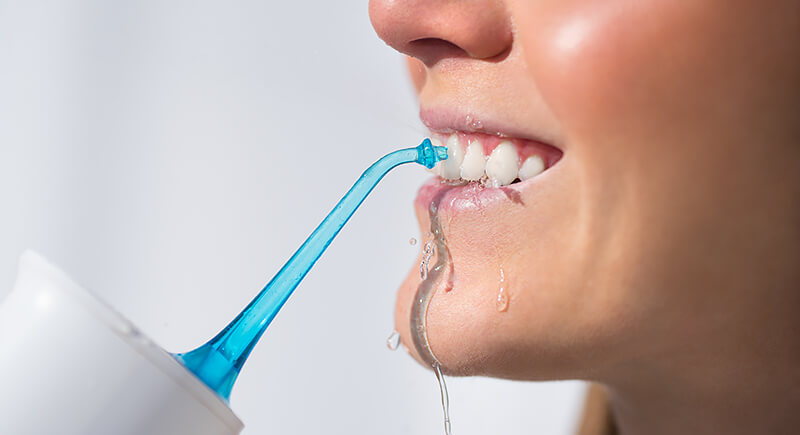
Credit: iStockphoto
A water flosser might look like a tiny power washer, but it’s dentist-approved for blasting away gunk your toothbrush and regular floss can’t reach. It’s beneficial for people with braces, bridges, or tight teeth where traditional floss struggles.
Replace Your Toothbrush Regularly
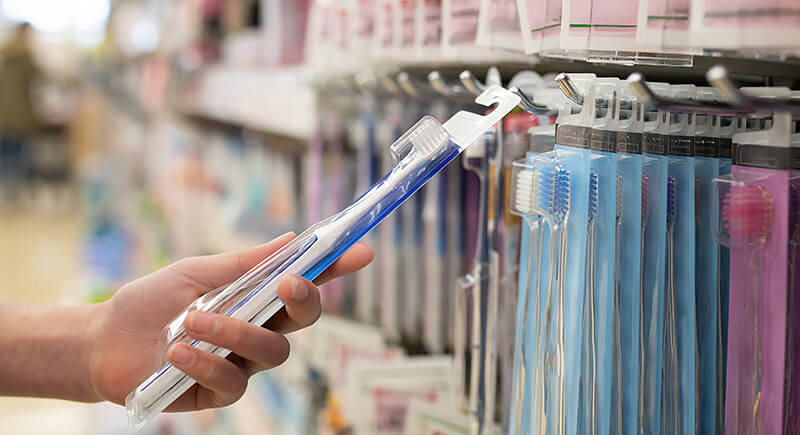
Credit: iStockphoto
Old toothbrushes don’t clean well—and worse, they collect bacteria. Dentists say once the bristles start to fray, it’s game over. Swapping out your toothbrush every three months (or after you’ve been sick) helps keep your breath fresher by ensuring plaque and food particles get scrubbed away correctly.
Clean Dental Appliances Thoroughly
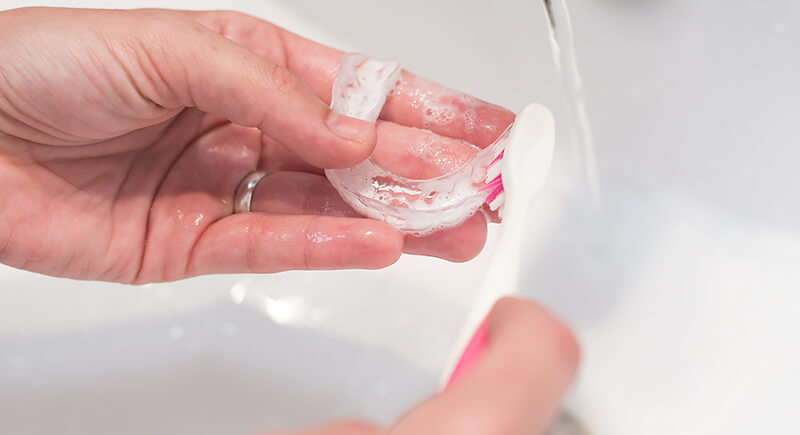
Credit: iStockphoto
Retainers, dentures, aligners—if they go in your mouth, they need daily cleaning. A quick rinse won’t cut it. Depending on the device, you’ll need proper soaking tablets or gentle brushing with unscented soap. Overnight gunk can create morning breath that lingers all day.
Keep Dental Appointments Regular
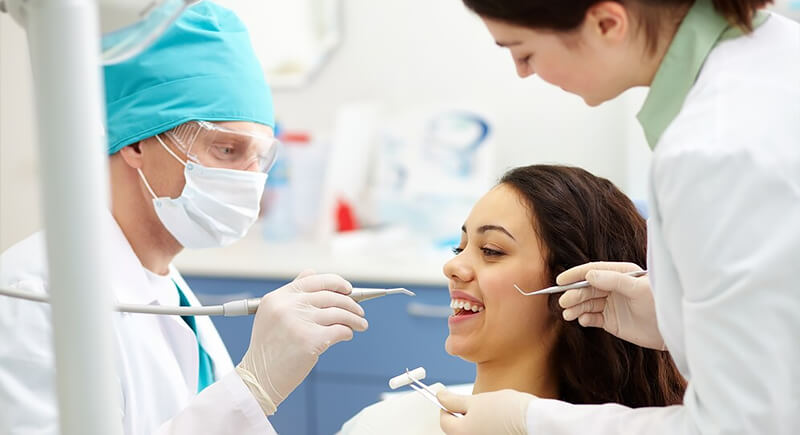
Credit: freepik
You can brush, floss, and rinse all day long, but if you skip dental checkups, you’re leaving blind spots. Dentists have tools that remove hardened plaque and detect early gum disease, both of which contribute to lingering mouth odor. Professional cleanings at least twice a year help prevent problems before they snowball.


